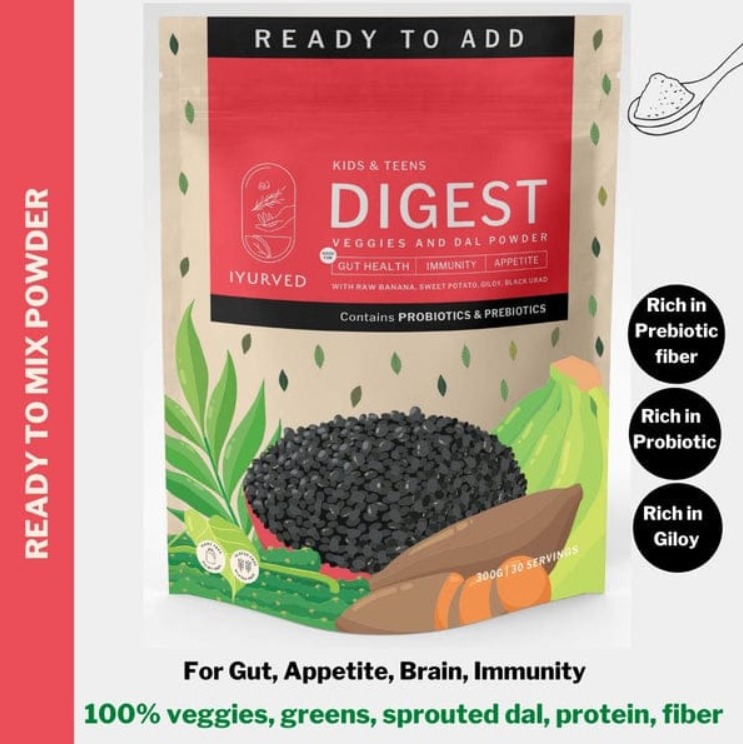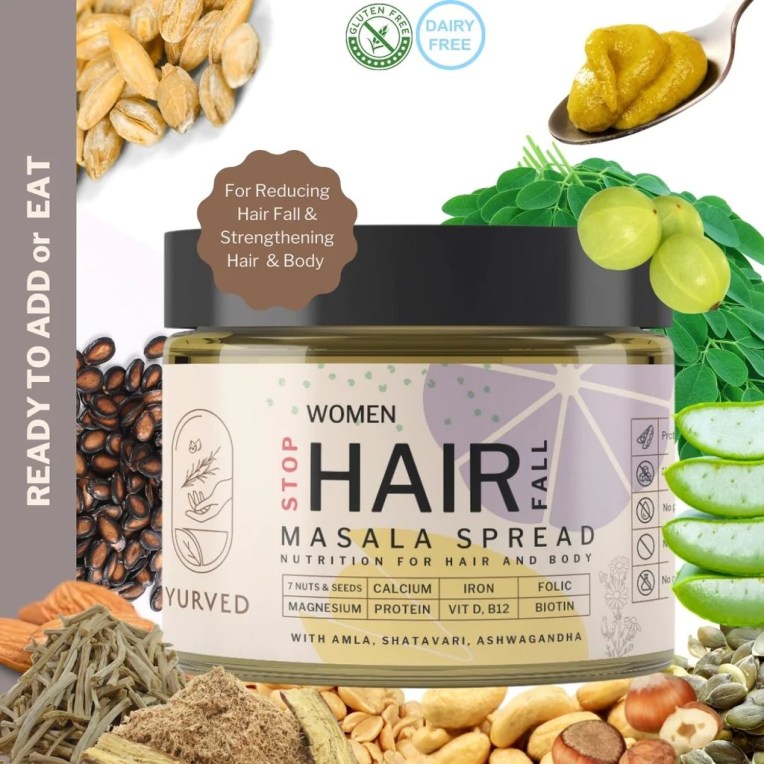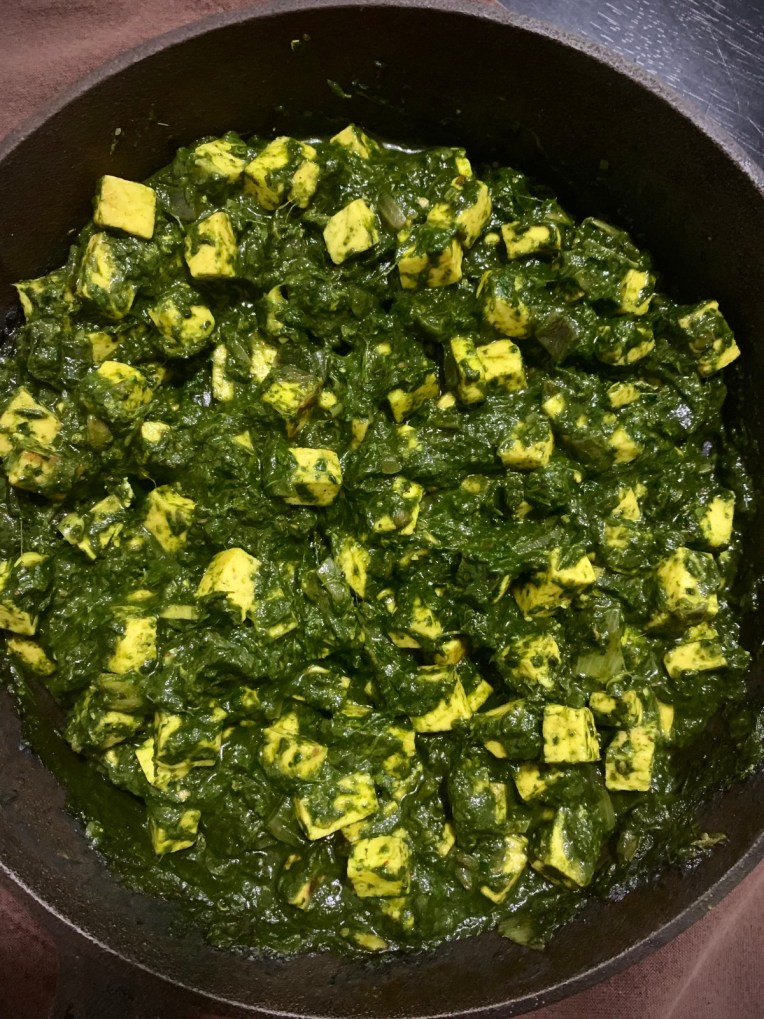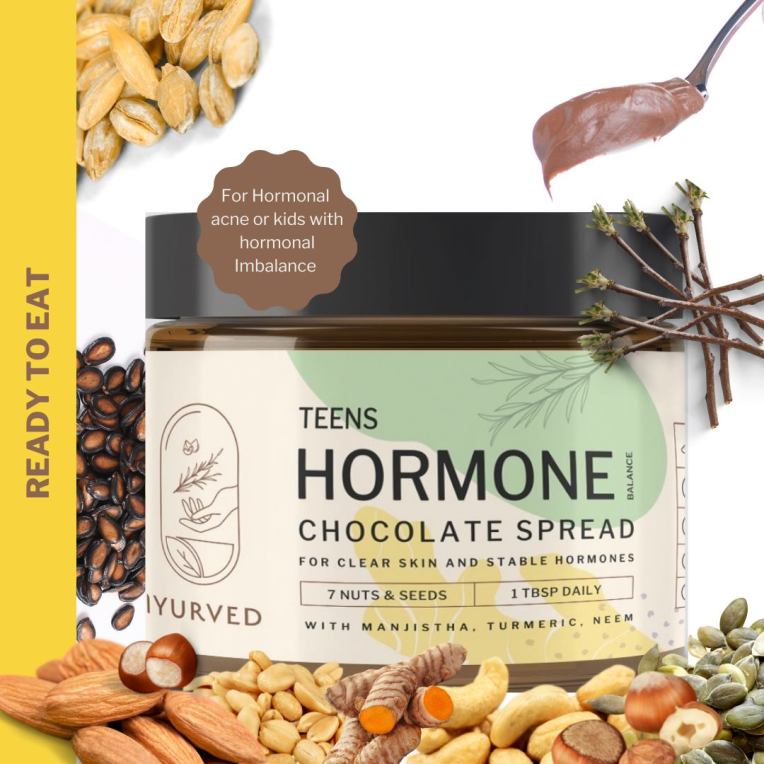Are you the one who would rather cook the same things for your kids every day? Ever wondered if your child’s love for the same handful of foods is impacting their nutritional intake? Is the repetitive nature of their diet leaving gaps in essential vitamins and minerals? Do you want to promote a well-rounded diet for children? Let’s explore the potential pitfalls and solutions to ensure your little one gets the well-rounded nutrition they need!
Nutritional impact of feeding repetitive foods
Feeding a child a diet consisting primarily of repetitive foods can impact their nutrition in several ways:
Nutrient Deficiencies:
Different foods contain different essential nutrients. A limited variety of foods may result in nutrient deficiencies, as the child might miss out on specific vitamins, minerals, and other essential nutrients present in a diverse diet.
Imbalanced Nutrition:
A varied diet is essential for providing a balance of macronutrients (carbohydrates, proteins, and fats) and micronutrients (vitamins and minerals). Repetitive foods may lead to an imbalanced intake of these crucial nutrients, affecting overall health and development.
Limited Micronutrient Diversity:
Certain micronutrients are found in specific foods. If a child consistently eats the same foods, they may not receive an adequate variety of micronutrients, increasing the risk of deficiencies.
Growth and Development:
Children undergo rapid growth and development, requiring a diverse range of nutrients. A lack of variety in their diet may hinder optimal growth and development, potentially affecting both physical and cognitive milestones.
Development of Preferences:
Feeding repetitive foods can contribute to the development of strong food preferences. This may make it challenging to introduce new and diverse foods later on, potentially leading to a limited and less nutritious diet in the long term.
Risk of Overconsumption or Underconsumption:
Depending on the specific foods chosen, a child may be at risk of either overconsuming certain nutrients (such as sugars or unhealthy fats) or underconsuming others, leading to an unbalanced diet.
Limited Exposure to Flavors and Textures:
Exposure to a variety of flavors and textures is crucial for developing a well-rounded palate. Repetitive diet may restrict a child’s exposure to diverse sensory experiences associated with different foods.
Also check, Food sensitivities in children with autism
Mealtime Challenges:
A diet focused on repetitive foods may lead to mealtime challenges, as children may become resistant to trying new foods or may develop picky eating habits.
Tips to promote a well-rounded diet for children
Here are some tips to encourage a more varied and nutritious diet:
1. Gradual Introduction:
Introduce new foods gradually, one at a time. Start with small portions and combine them with familiar foods. Over time, the child may become more accepting of a wider variety.
Also check, 8 Healthy recipes for picky eaters with veggies and fruits
2. Creative Presentation:
Make meals visually appealing by arranging different foods in creative ways. Use colorful fruits and vegetables, create fun shapes, or arrange a variety of items on their plate to make it more interesting.
Also check, 6 Healthy Lunch recipes Ideas for Kids
3. Get Them Involved:
Involve children in the meal preparation process. This can include grocery shopping, washing vegetables, or even helping with simple cooking tasks. When children are involved, they may be more curious about trying new foods.
4. Role Modeling:
Set a positive example by demonstrating healthy eating habits. Children are more likely to try new foods if they see adults and older siblings enjoying them.
5. Pair New Foods with Favorites:
Introduce new foods alongside familiar ones. This way, the child can still enjoy their preferred options while being exposed to something new.
6. Dips and Sauces:
Offer healthy dips or sauces that children can use with their favorite foods. This can make the eating experience more enjoyable and provide an opportunity to introduce new flavors.
Also check, Healthy and Tasty Food Recipes using Brain booster savoury spread
7. Be Patient and Persistent:
It may take multiple attempts for a child to accept a new food. Be patient, and avoid pressuring them to eat. Encourage but don’t force, and celebrate small victories.
8. Include Nutrient-Rich Foods:
Ensure that the repetitive foods chosen are nutrient-dense. For example, if a child loves pasta, consider using whole grain pasta and adding vegetables to increase fiber and nutrient content.
9. Variety within Favorites:
Even if a child has a favorite food, there can be variations. For example, if they love apples, offer different types of apples or cut them in different shapes.
10. Limit Unhealthy Options:
While allowing some flexibility, try to limit the availability of highly processed and unhealthy foods. This helps ensure that, even within their preferences, children are getting essential nutrients.
11. Consult a Professional:
If you have concerns about your child’s nutrition, consider seeking advice from a pediatrician or a registered dietitian. They can provide guidance based on the specific needs and preferences of your child.
Remember, it’s normal for children to go through phases of selective eating, and patience and persistence are key. Creating a positive and relaxed mealtime environment can make the process of introducing new foods more enjoyable for everyone involved.
PRODUCTS:
Make it EASY to feed a daily dose of vegetables, greens, dal, and prebiotics. 1 serving of Veggies and Dal powder equals 30-50g of fresh food. Helps to provide daily nutrition for Immunity, Brain, Digestion, Bones, Healthy Weight, Height, Eye health and Growth. Get yours now!

India’s First Tasty Kids Nutrition fortified with Ayurvedic herbs
For strong bones, height, healthy weight, Overall growth| Give Daily Nutrition Veggies and Dal powder | Rich in Calcium, Vitamin D, B12, Iron | Made with 100% veggies, greens, sprouted dal | 0% preservative | 0% Artificial Colour | 100% Natural | No refined sugar | ORDER |
Immunity, Gut health, Digestion, Weight, Brain development, Speech delay, Epilepsy, Eye health, Hormones, Sleep, Hyperactivity, Bones and Overall growth























